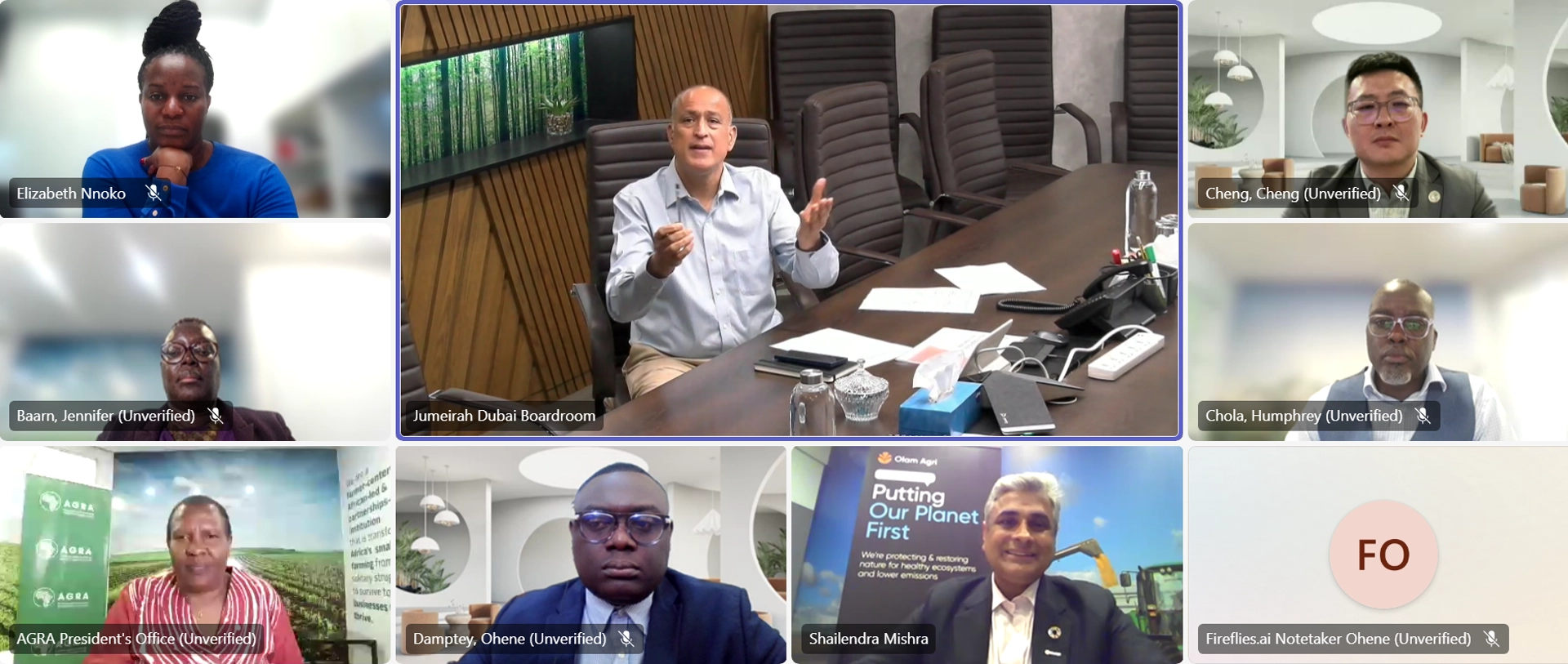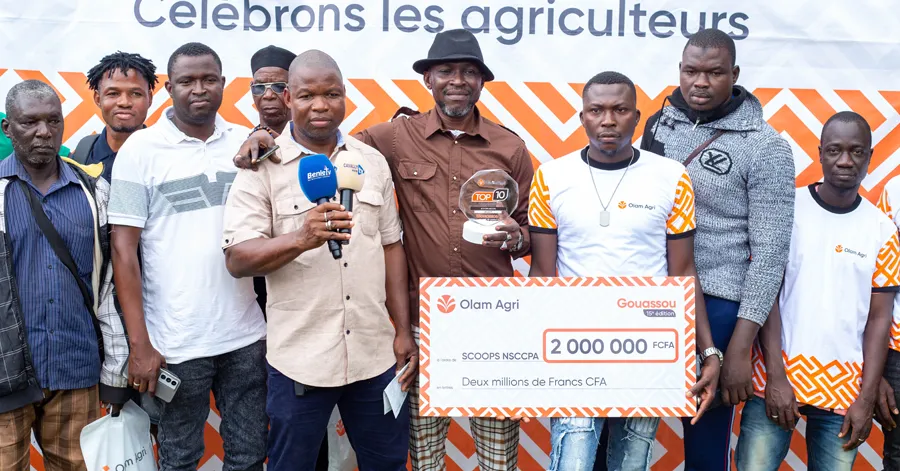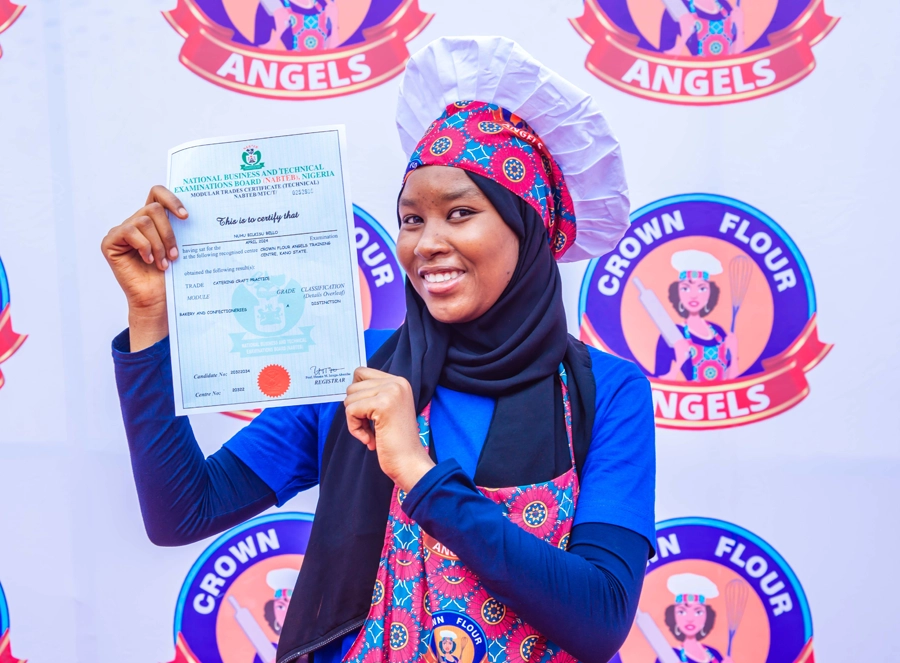Signing of MoU with AGRA to Strengthen Food and Feed Value Chains in Africa
Singapore – Olam Agri, a leading global agribusiness in food, feed and fibre, and AGRA, Africa’s leading partnership-driven institution for agricultural transformation, have signed a Memorandum of Understanding (MoU) intended to scale up sustainable food and feed value chains in Nigeria and Ghana, with future expansion across Africa. This MoU marks a crucial outcome from the Africa Food Systems Forum 2025, recently hosted in Senegal.
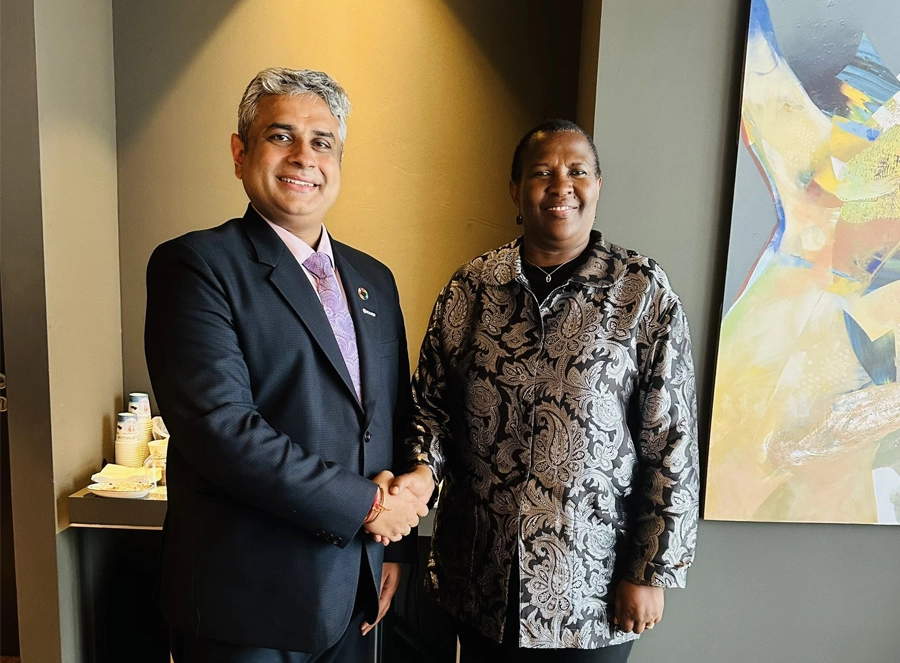
The collaboration will combine Olam Agri’s deep market presence and direct engagement with smallholder farmers and consumers with AGRA’s expertise in building inclusive, market-driven agrifood systems that improve food security, resilience, and livelihoods for smallholder farmers across the continent.
Under the agreement, the two organisations aim to collaborate to:
- Scale smallholder farmer programmes in soy, wheat, maize, and rice in Nigeria.
- Expand programmes for poultry and aquaculture farmers and scale baker initiatives in Nigeria and Ghana to improve food safety, nutrition, and profitability.
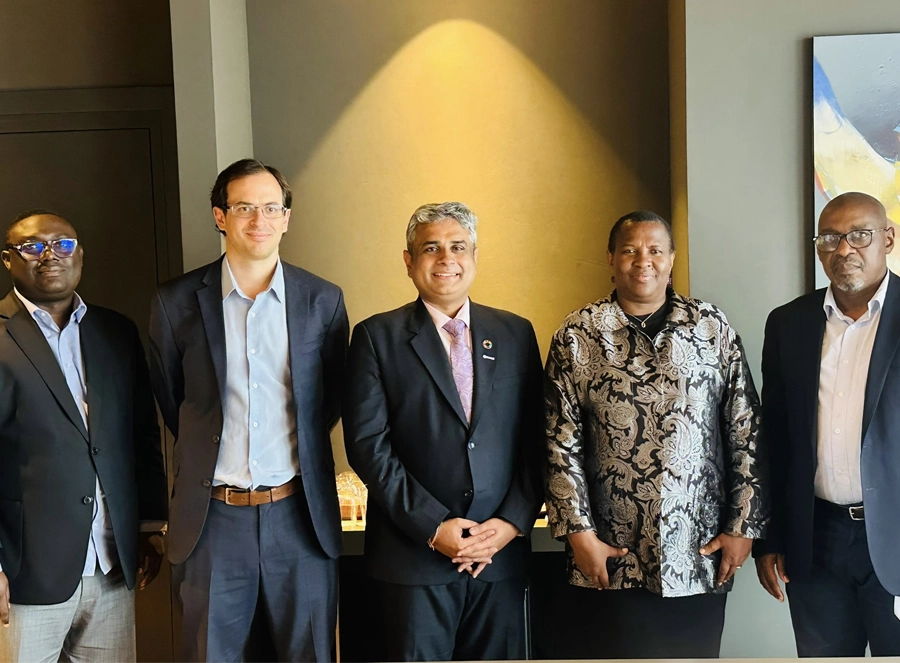
This new collaboration aims at promoting inclusive and climate-smart agriculture, empower women and youth with new opportunities, strengthen market access and sustainability practices, and support smallholder farmers and SMEs through training, technology, and financial linkages, making it possible to enhance their productivity, income, and resilience to market fluctuations. This MoU builds on successful cooperation between the two organisations since 2021 in the rice value chain, where it supported over 5,000 smallholder farmers in the Niger state of Nigeria.
Since 2023, AGRA has been designing and implementing the 'New AGRA Strategy 3.0', that focuses on transforming African food systems through key areas like seed systems development, strengthening inclusive markets and trade, and improving government engagement. AGRA will draw on its inclusive market systems approach, identifying local partners and aligning with country strategies to build resilient agricultural and food systems. Olam Agri will leverage its market access, technical expertise, and digital tools for ground-level sustainability data, supply chain transparency, and supplier/customer management to enhance productivity, traceability, and sustainability across the value chain. Olam Agri and AGRA have initiated discussions and working groups to identify priorities for implementation across each of the value chains in both Nigeria and Ghana.

Through this partnership, we will scale our sustainability projects with farmers and bakers in Nigeria and Ghana. As a leader in the food and feed value chain, we see this collaboration as strengthening our engagement and support for farmers and bakers to empower more local talent, strengthen food systems, and advance food security.
Saurabh Mehra,
MD Global Head, Food and Feed Processing and Value-Added Segment, Olam Agri
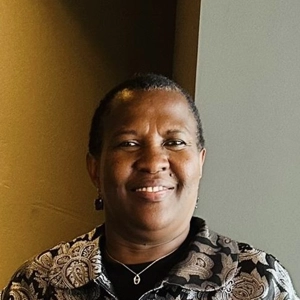
By combining AGRA’s catalytic capabilities and commitment to inclusive market systems with Olam Agri’s market access and technology, this partnership empowers African smallholder farmers and communities to thrive, ensuring fair opportunities, better livelihoods, dignified jobs for youth and a stronger, more resilient food system.
Ms Alice Ruhweza,
AGRA President

This partnership is a milestone in demonstrating impact across the full food and feed value chain. Together with AGRA, we will scale regenerative farming, enhance soil health, biodiversity, and climate resilience, while improving farmer livelihoods and consumer nutrition. By joining forces, we can work towards a stronger, more resilient, and inclusive food system for Africa.
Dr Shailendra Mishra,
Global Head of Sustainability, Food and Feed, Olam Agri
